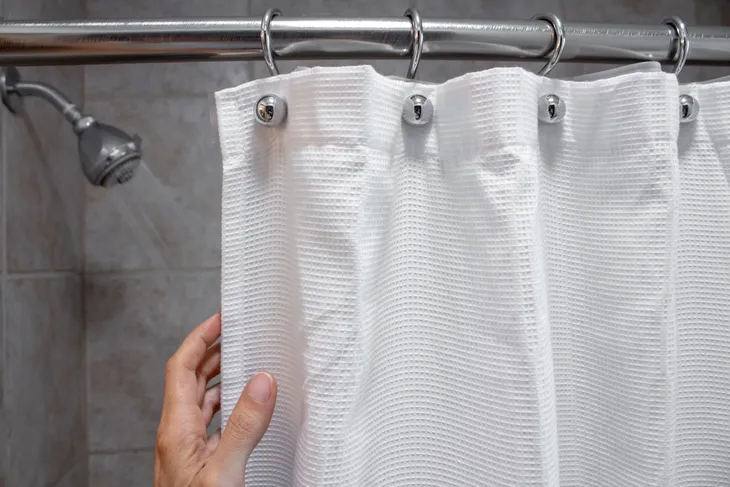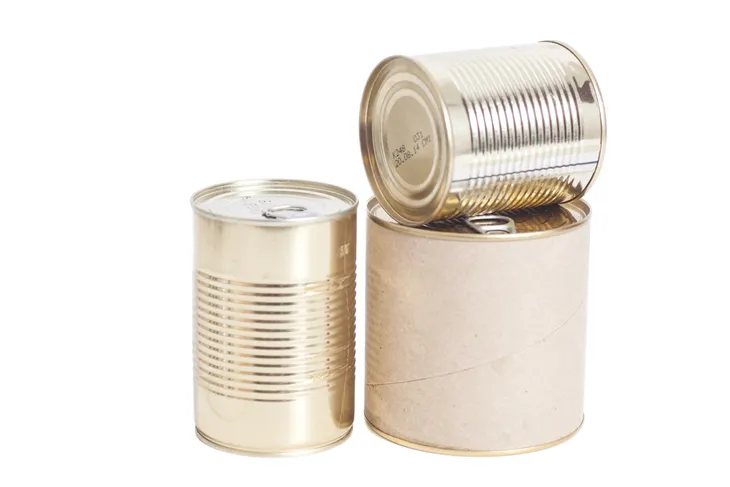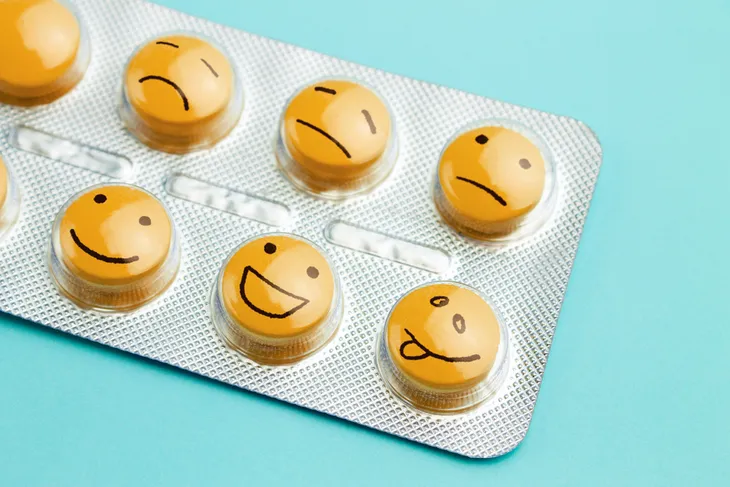In younger years, many men spend so much time and energy trying not to get their sexual partners pregnant that by the time you want to conceive, you might not understand why it’s difficult.
However, several surprising factors and habits—from the activities you do to the products you use and the foods you eat—can kill or reduce your sperm production. Here are eight everyday habits, foods, activities, and products that may be reducing the power of your little swimmers…
Hot Tubs
Hot tubs are sexy, they get the ladies! However, a lengthy soak in a sexy hot tub or Jacuzzi isn’t good for your little swimmers. In fact, when the heat rises in the testicular region, the high temperatures stifle sperm production.
Shower Curtains
Do you remember getting a headache when you put up that new shower curtain? That was thanks to a mixture of chemicals called phthalates, which coat most store-bought, vinyl shower curtains (unless you buy green, hemp, or organic). Even worse, as your shower heats up, the phthalates do too and the mixture of steam and heat trigger the emission of chemicals, which leach from your shower curtain and into your pores, reducing sperm count.
Nonstick Cookware
I bet you’re thankful when your eggs don’t stick to the pan. However, the non stick chemicals used to coat your pots and pans are high in perfluoroalkyl acids, which were linked in Danish study to lowering sperm count by about half. So stick to stainless steel or cast iron pans and use a bit of oil for stick-free cooking instead.
Fresh Produce
Have you ever considered that if pesticides are strong enough to kill most pest insects—they’d also be potent enough to kill your sperm as well? It’s true, produce sprayed with pesticides will lower your sperm count. So be vigilant and fully wash and soak your produce. You can also buy organic for extra peace of mind.
Heated Car Seats
Just like that sexy hot tub, I know your lady appreciates sliding into a heated car seat. However, you may be endangering your sperm quality for the added luxury of those heated car seats. The same goes for heated recliners and heating pads, which all turn up the heat on your testicles and damage overall sperm potency.
Canned Foods
I like to crack open a can of soup or beans after a long day of work too, but food scientists warn about the toxicity of BPA in metal cans. Unfortunately, most canned foods are coated internally with BPA resin, which leeches into the food within—soup, beans, tomato sauces, etc.—and jeopardizes your sperm quality. So instead of canned veggies opt for fresh or frozen for the sake of your little swimmers.
Antidepressants
Multiple studies have directly linked antidepressant medication usage to damaged sperm. For instance, sperm tend to become abnormally shaped and/or unable to swim properly after 3-months of exposure to SSRI (selective serotonin reuptake inhibitors) medications used to treat a series of psychiatric conditions, neurological diseases, depression, and anxiety disorders.
In addition to decreased sex drive, erectile dysfunction, and issues with orgasm and ejaculation, studies show men on SSRIs may lose 50-percent sperm motility within the first to third month of treatment.
Shampoos
Just like that harmful curtain around you when you shower, the products you use to shower can also contain harmful, sperm-damaging phthalates. For instance, soaps, shampoos, and body washes with scent often contain phthalate chemicals. To avoid exposure, buy organic, plant-based, unscented soaps and shampoos.











